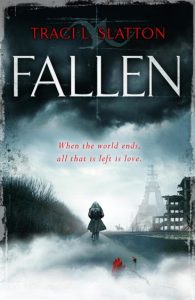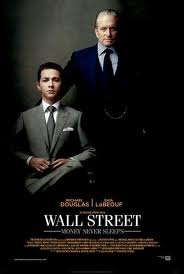Brené Brown on Love, Respect, Kindness, and Vulnerability
A post contemplating Brené Brown on Love.
Of late I have been thinking deeply about these issues of the human heart. It’s partly because of a dark and difficult book I’m writing, and partly because someone to whom I’d turned for help, someone I trusted and respected and liked, has let me down.
This person is powerfully and deeply defended, and isn’t the kind of person who can own their own stuff. Rather, it would be a situation of lack of truthfulness and unacknowledged projection—as it has been for a long while.
So there will be no resolution for me with this person. There will never be a moment when that person can look me in the eyes and own having taken advantage of my trust and vulnerability. It’s not going to happen. And that’s life, so often unresolved.
It happens, right? I sometimes think that we’ve all been subtly trained by sappy television shows and trite movies to believe that there’s always a neat ending that fits our preconceived notions of right and wrong. I also see in our culture a growing entitlement and refusal to take personal responsibility. It dismays me.
Then this morning I encountered this quote:
We cultivate love when we allow our most vulnerable and powerful selves to be deeply seen and known, and when we honor the spiritual connection that grows from that offering with trust, respect, kindness and affection.
Love is not something we give or get; it is something that we nurture and grow, a connection that can only be cultivated between two people when it exists within each one of them – we can only love others as much as we love ourselves.
Shame, blame, disrespect, betrayal, and the withholding of affection damage the roots from which love grows. Love can only survive these injuries if they are acknowledged, healed and rare.
Brené Brown The Gifts of Imperfection: Let Go of Who You Think You’re Supposed to Be and Embrace Who You Are
I took from this passage that I can continue to nurture and grow love, trust, and respect within myself. I can soften and I can open my heart, even when the other person doesn’t. I can own that in myself: my willingness to be vulnerable, respectful, and kind.
It doesn’t mean I have to be vulnerable to everyone I meet.
There’s a myth that’s prevalent in our society that blames both parties for the behavior of one party, as if two parties equally participate in one person’s treatment of another. All you have to do to understand the falsity of that notion is read history. Categorically, the Jews had nothing to do with the way Nazis treated them. It works in the microcosm, too, in dyad. One person can behave well and the other not so much.
There’s another liberal culture myth that I call the Great Narcissism, which goes like this: If we are tolerant of them, they will be tolerant of us. People want to believe that. They want to think that the world is a mirror that will reflect back their own kindness and tolerance. It’s just not so. It’s a very dangerous myth, in fact.
Plenty of extremist groups will use tolerance to hurt the more tolerant groups.
But Brown has a point: we can each nurture love within ourselves, not demanding and expecting that it will be universally reflected back. But sometimes it is, sometimes the other person can and will nurture their own inner love, kindness, respect, and trust, with mutuality and reciprocity.
Then there is transformation and healing.










